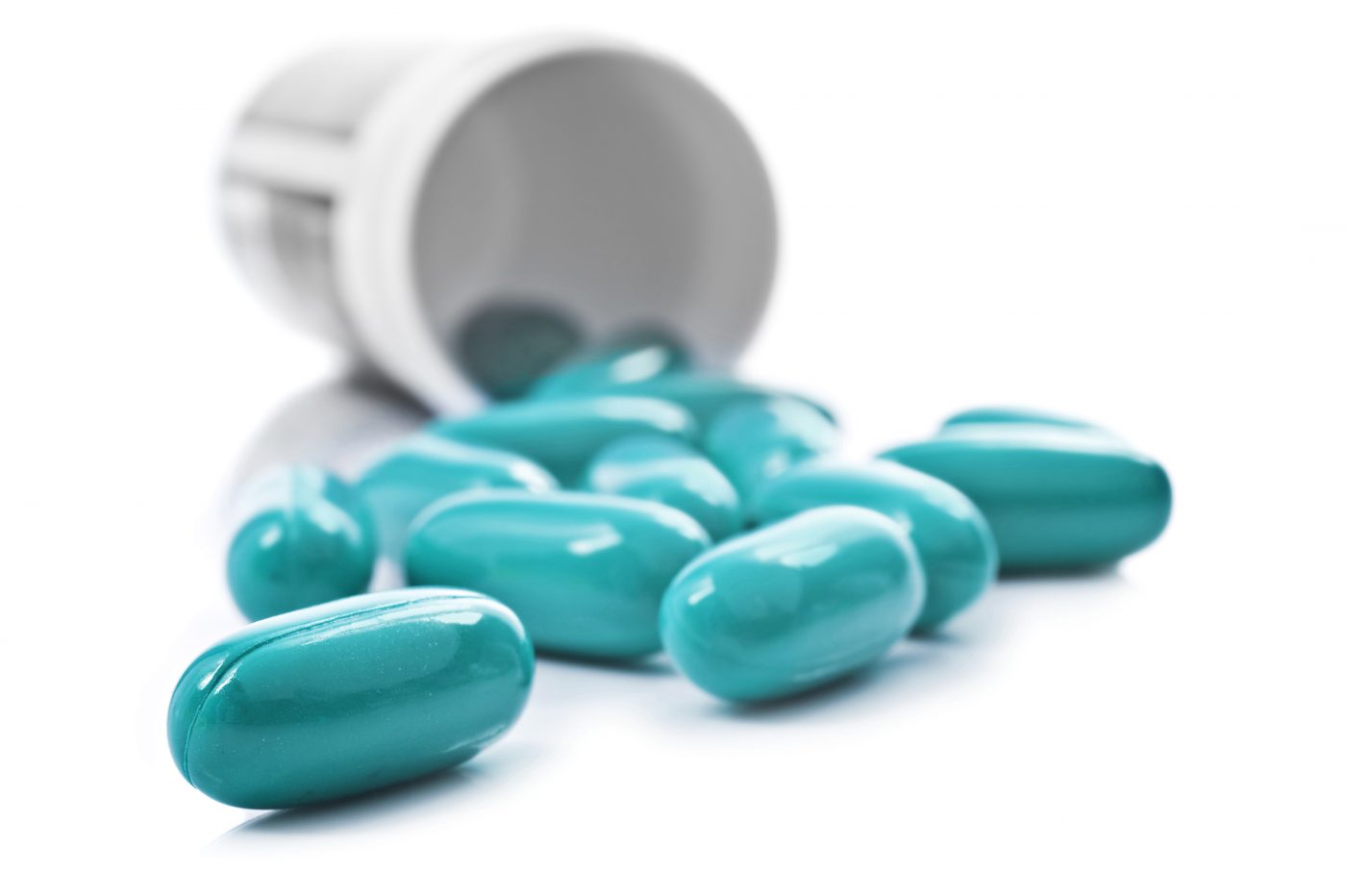During the 13th International Conference on Malignant Lymphoma, held this June in Lugano, Switzerland, promising results were presented relative to a new drug TAK-659, an inhibitor of spleen tyrosine kinase (SYK) with activity against diffuse large B-cell lymphoma (DLBCL) and chronic lymphocytic leukemia.
The study entitled “Ongoing, first-in-human, phase 1 dose-escalation study of investigational SYK inhibitor TAK-659 in patients with advanced solid tumors or lymphoma” was presented by Adam M. Petrich from Northwestern University, Illinois, USA.
B-cell and myeloid tumor cells express high levels of activated spleen tyrosine kinase (SYK), as well as Epstein-Barr virus (EBV)-associated hematologic and solid tumors, which acts through latent membrane protein 2A (LMP2A), an Epstein–Barr virus protein. B-cell receptor-mediated SYK activation can be seen in several lymphoid tumors, including diffuse large B-cell lymphoma (DLBCL), follicular lymphoma (FL), and chronic lymphocytic leukemia (CLL).
Study author Dr. Petrich explained in a news release that SYK is a crucial mediator of signalling through immune receptors, like B-cell and Fc receptors and also proteins involved in Epstein-Barr virus (EBV) latency. TAK-659 has already shown activity against tumors expressing SYK and FLT3 as well as in several diffuse large B-cell lymphoma xenograft tumor models.
In the phase I study, the safety and pharmacokinetics (PK) of TAK-659 were evaluated in 12 patients with solid tumors and in 9 patients with DLBCL or FL, for which there are currently no available standard therapies. All patients received 2 rounds of TAK-659 and 5 patients (24%) continued on active therapy.
The first plasma pharmacokinetic (PK) profiles analysed in 21 patients showed that TAK-659 had a rapid absorption (median Tmax 2 h). Steady state PK, defined as a state of equilibrium obtained at the end of a certain number of treatments, was achieved by day 8 and TAK-659 half-life was of 24 hours.
Dr. Petrich said that drug clearance in humans was lower than that established on preclinical findings, thus supporting daily dosing. He further commented that there has been no significant adverse effects with TAK-659 and the hematological parameters suggested it is a well-tolerated drug. Nonetheless, the maximum accepted dose has not yet been established.
Currently, a phase Ib/II trial is being performed to assess the efficacy of TAK-659 in patients with acute myeloid leukemia. This evaluation is based on the observed dual activity of TAK-659 against SYK and FLT-3.


